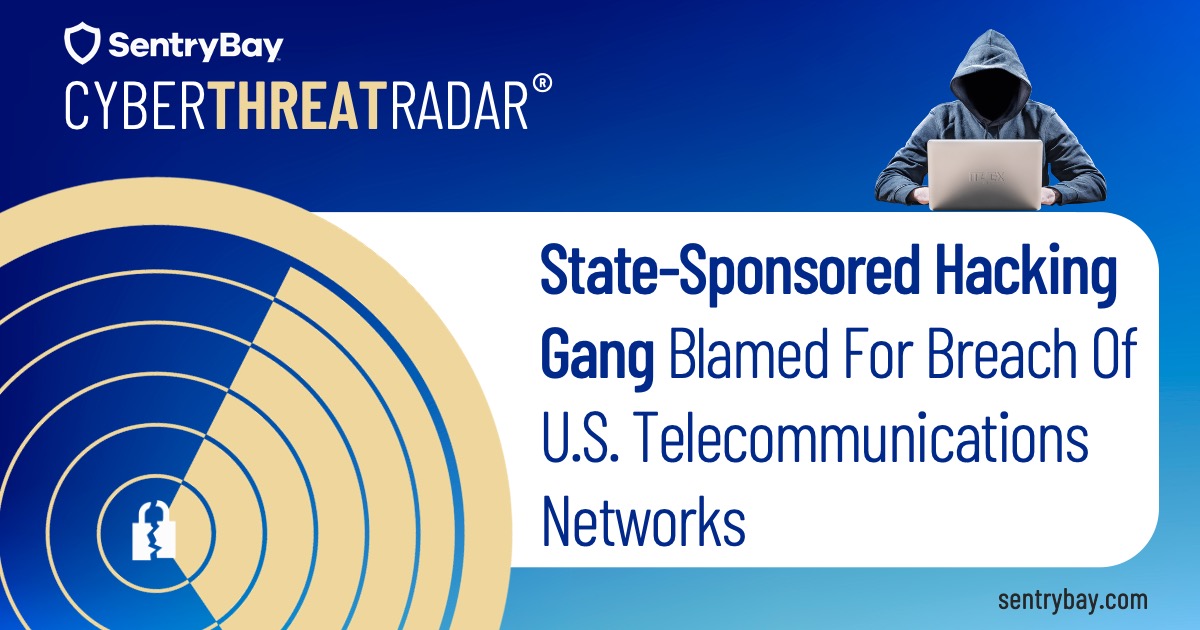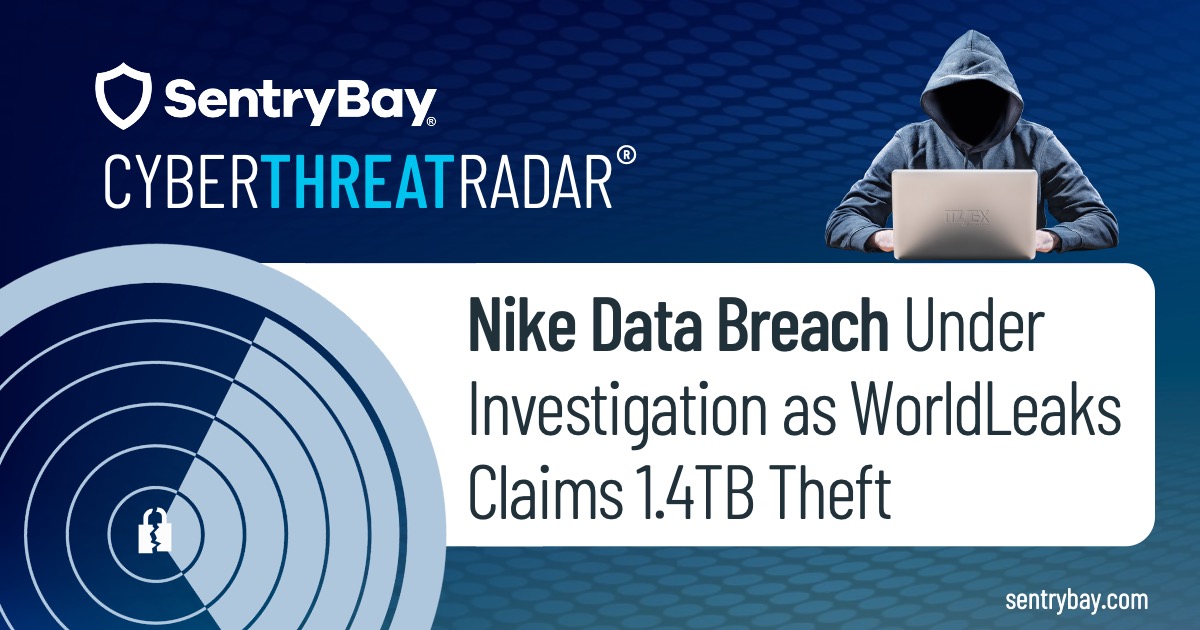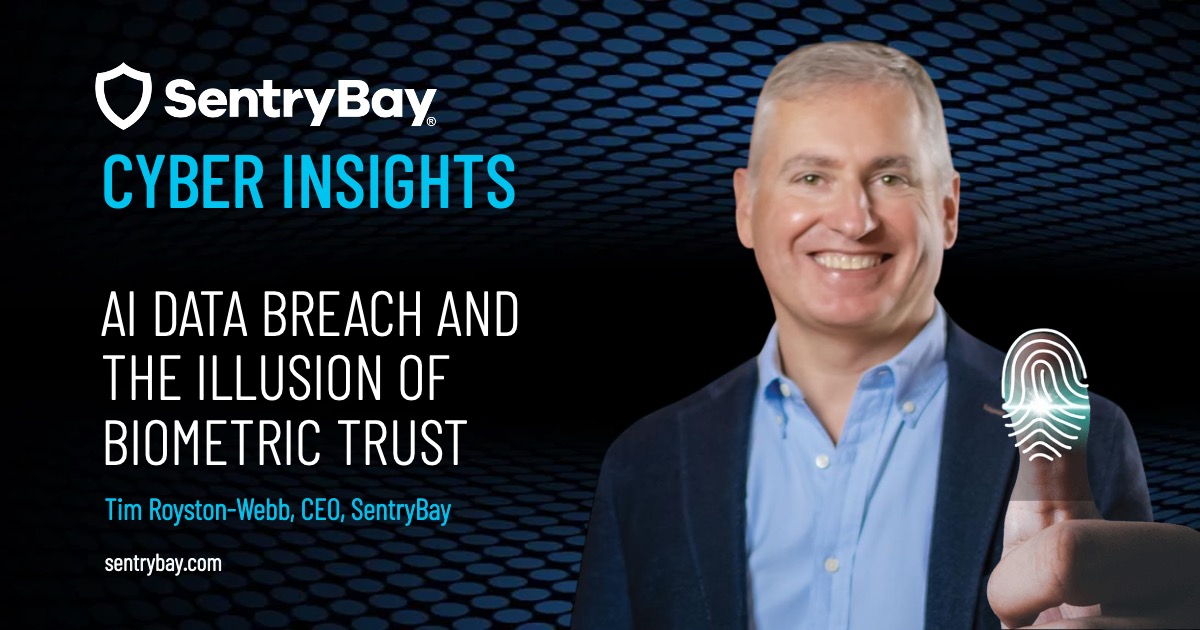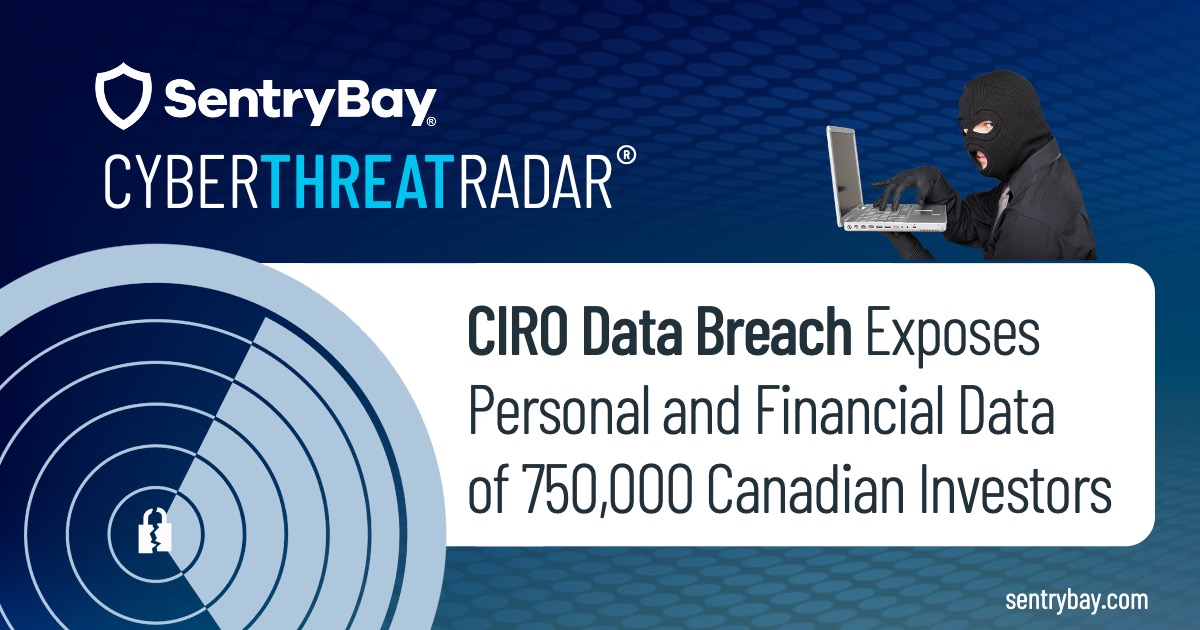
Cyber Threat Radar – A significant breach of U.S. telecommunications networks, attributed to the Chinese hacking group “Salt Typhoon,” has exposed sensitive data belonging to millions of Americans. The attack, considered one of the most severe in U.S. telecom history, compromised metadata, call records, and, in some cases, actual audio files and text content. Notably, high-profile individuals, including senior government officials and former presidential candidates, were among the targets.
The breach underscores the sophistication of state-sponsored hacking campaigns, leveraging advanced methods to infiltrate and persist within targeted systems. Federal investigations reveal that the attackers exploited vulnerabilities in network infrastructure to extract data over an extended period. Techniques likely included keystroke logging, screen capture, and malicious injection to gain unauthorized access to sensitive information, manipulate systems, and monitor activity undetected.
Salt Typhoon’s actions are consistent with broader tactics used by nation-state actors to achieve strategic goals, such as:
- Harvesting sensitive intelligence for espionage purposes.
- Undermining critical infrastructure, creating a leverage point in geopolitical tensions.
- Exposing systemic vulnerabilities, forcing adversaries to divert resources to remediation.
Salt Typhoon Fallout: Vulnerabilities and Mitigation Efforts
Despite ongoing remediation efforts, affected telecom companies have yet to fully expel Salt Typhoon from their networks. This highlights a critical gap in cybersecurity resilience across U.S. telecommunications infrastructure. Federal agencies, including the FBI and CISA, have issued guidance aimed at improving network security, emphasizing:
- Enhanced encryption protocols.
- Comprehensive network visibility through continuous monitoring.
- Robust incident response protocols for early detection and containment.
These measures align with the Biden administration’s prioritization of identifying and mitigating the breach’s full impact, including holding classified briefings for key lawmakers to address national security implications.
Denial and Counterclaims
The Chinese government has vehemently denied involvement, calling the allegations baseless and accusing the U.S. of engaging in its own cyber activities against other nations. This exchange reflects an ongoing tit-for-tat in cyber diplomacy, where attribution remains a contentious issue. However, U.S. officials point to a consistent pattern of alleged Chinese hacking campaigns targeting major telecom providers, such as Verizon, AT&T, and T-Mobile, which reinforces concerns about systemic exploitation by nation-state actors.
The Senate Commerce Subcommittee is set to convene a hearing on December 11 to evaluate security vulnerabilities exposed by the breach. Lawmakers will discuss best practices for fortifying communications networks, potentially leading to enhanced regulatory oversight and mandatory cybersecurity standards for critical infrastructure.
State-Sponsored Hacking and Data Exfiltration in Telecommunications
“The Salt Typhoon breach highlights the escalating threat posed by state-sponsored hacking groups employing advanced techniques like keystroke logging, screen capture, and malicious injection to steal sensitive data,” commented Liam Davenport, Director, Cybersecurity Enterprise Solutions, SentryBay. “These activities not only compromise individual privacy but also pose significant risks to national security by undermining critical infrastructure. While mitigation efforts are underway, the persistence of such actors within networks underscores the need for proactive cybersecurity measures, regulatory reforms, and international cooperation to combat this evolving threat landscape.”
SentryBay, the OEM at the heart of Citrix App Protection, mitigates against credential theft and data leakage threats securing all major VDI, DaaS and Web environments, client types and operating systems. Leading preventative controls secure all data from keylogging, screen capture, and malicious injection threats on the endpoint. Trusted by global businesses, SentryBay is ISO 27001 certified for the development of IT Security Software Products and the Provision of SaaS Solutions Worldwide.
SentryBay Is
ISO 27001 Certified
Act now! SentryBay's Armored Client solution secures devices against information-stealing malware and other threats to sensitive customer data.



